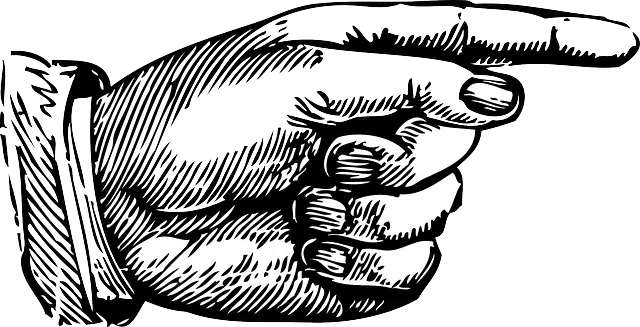
Active kidnapping is a crime classified in the Penal Code.
The Latin word coactus , which can be translated as “impulse,” led to the term coercive . This adjective is used to describe someone who develops coercion or is a consequence of it.
For example: “The police are investigating a coercive kidnapping that has a hotel businessman as the victim,” “The State must successfully carry out coercive collections if it intends to balance its accounts,” “If necessary, the government will resort to coercive force to guarantee the free movement of citizens on public roads.”
Coercive kidnapping
In criminal law , coercive kidnapping is the crime that involves the deprivation of an individual's freedom with the intention of forcing the victim or another person to do or not do something against their own will, this coercion being the purpose of kidnapping. . This crime is also known as qualified coercive deprivation of liberty .
It is essential that there is an objective in the actions of the kidnapper, whom the law usually calls "the active subject", so that we can speak of coercive kidnapping . For example, the purpose may be to get the kidnapped person or a third party to act in a certain way.
Intention to submit
On the other hand, the active subject may have the intention that the victim or a third party be subjected to something, meaning that in this case a direct response is not expected but rather an indirect one, although the crime always affects the freedom of the kidnapped person. .
This type of kidnapping has a volitional nuance in that the kidnapper imposes his own will on the victim in a coercive manner. It is important to note that the crime is configured regardless of whether the active subject's purpose is achieved or not, although if it is achieved then the circumstance is taken as an aggravating circumstance.

Coercive forces or forces to do something.
Coercive collection
A coercive collection , on the other hand, is a power that is attributed to a public body so that it can enforce the collection of an obligation that a citizen has, without the need for the Judiciary to act. Thus the body becomes judge and party in the process in question. Coercive collection, in this way, represents a forced payment.
In other words, coercive collection is a special procedure that gives the Administration the power to demand payment in its favor directly. In addition to tax obligations, this procedure allows the collection of resources, and the way to carry it out may be the sale of the debtor's belongings at a public auction once he has voluntarily ignored his payment obligation, since either because he does not have the necessary money or because he refuses.
Pay, an obligation
With respect to the procedure itself, coercive collection begins when the Tax Execution Judge gives approval through an administrative act known as a payment order . Once this is done, the offender receives a payment order against him so that he is forced to pay the amount owed, along with certain additions, such as default interest and the costs of the process.
In a similar sense, taxes and tributes are said to have a coercive nature . The State unilaterally imposes a payment obligation that the citizen, whether he agrees or not, must comply to avoid incurring a violation of the law. If the State establishes an annual tax of 3% on the fiscal value of a property as a real estate tax , for example, all property owners must pay it since this tax will be coercive.
